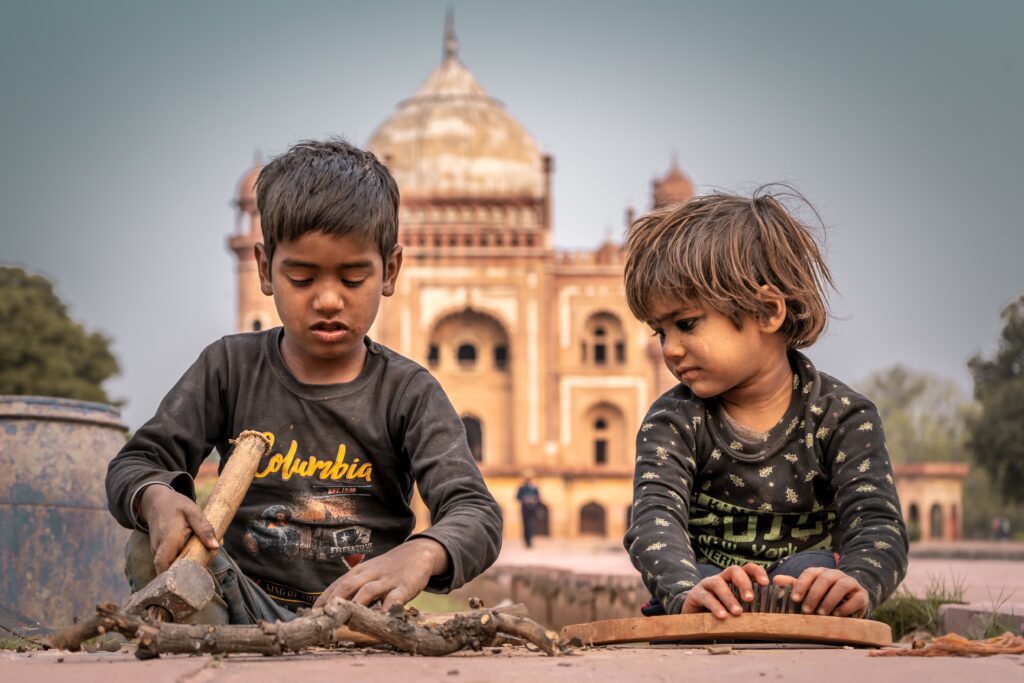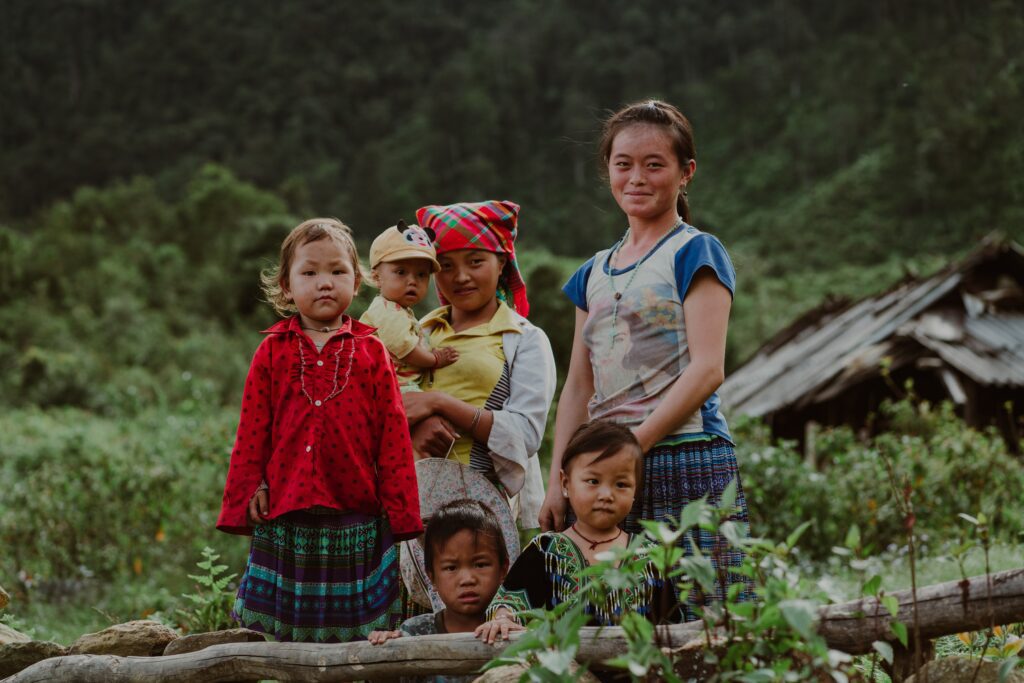Inequalities


Economic inequality is the state of affairs in which assets, wealth, or income is distributed inequitably among individuals in a group, among groups in a population, or among countries.
It can be argued that, “Some economic inequality is essential to drive growth and progress, rewarding those with talent, hard earned skills, and the ambition to innovate and take entrepreneurial risks.”[i] However, the extreme levels of wealth concentration occurring today threaten to exclude hundreds of millions of people from realizing the benefits of their talents and hard work.
Extreme economic inequality is damaging and worrying for many reasons: it is morally questionable; it can have negative impacts on economic growth and poverty reduction; and it can multiply social problems. It compounds other inequalities, such as those between women and men. In many countries, extreme economic inequality is worrying because of the pernicious impact that wealth concentrations can have on equal political representation. [ii]
Extreme unequal and inequitable distribution of wealth is unjust and unsustainable. One of the most salient examples of inequitable distribution of resources is the existence of continuing hunger in many parts of the world as others live in excess. Especially for children, hunger can have grave consequences. In many other cases, people will tend to cluster around areas where there are greater resources. This causes overcrowding as well as competition for scarce resources. In instances like this, children are exposed to severe situations. For instance, there is a higher likelihood of child labour, malnutrition and lack of access to proper health care and education. Parents also opt to ‘gamble’ with their children. This is reflected, for example, when parents lacking enough resources would send just one of their children to school, based on their gender or perceptions of which child is more likely to succeed in life.
Some people believe that poverty results from a lack of adequate resources on a global level that are necessary for the wellbeing or survival of the world’s people. Others see poverty as an effect of the uneven and/or inequitable distribution of resources around the world. This second line of reasoning helps explain why many people have much more than they need, while many others survive on the bare minimum. Justice demands that we oppose economic systems, which benefit the few at the expense of the many. The fight against child poverty will not be won unless extreme inequality is reduced.
To reduce inequality within and among countries, thereby contribute towards reducing child poverty – it is necessary to reach those left furthest behind in development, the people most affected by poverty. It is imperative to empower and promote the social, economic, and political inclusion of all, irrespective of age, sex, disability, race, ethnicity, origin, religion or economic or other status. Society must create opportunities for equal growth, including through promoting appropriate legislation, policies, and practices, while at the same time eliminating discriminatory environments. Goal 10 the Sustainable Development Goals covers these provisions and more.